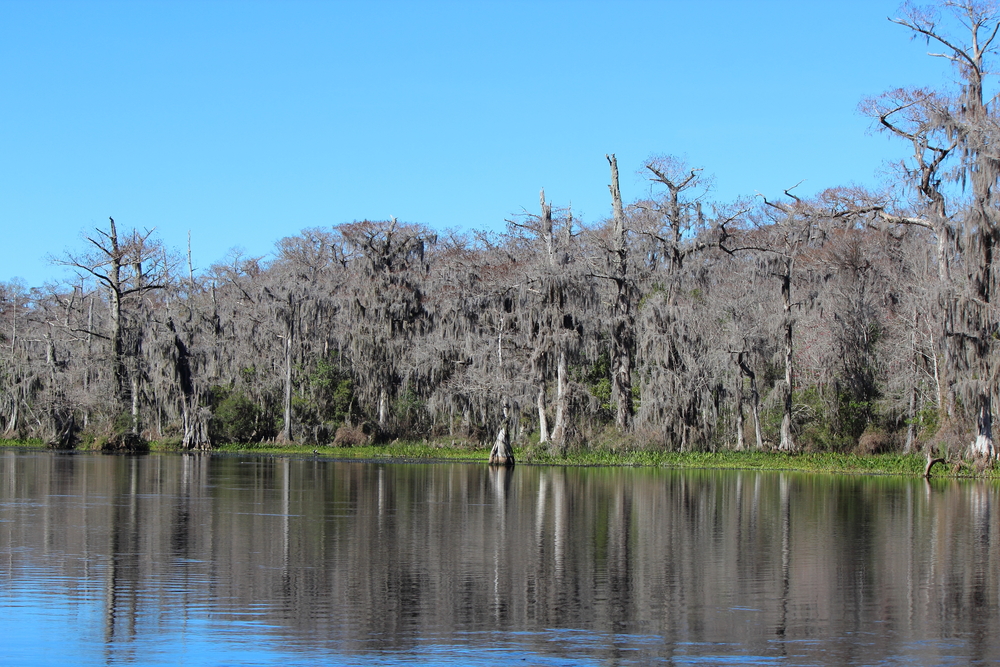Colder water presents its own set of dangers when boating. Getting out on the water requires necessary safety standards, and those safety standards change a bit when the water is cold.
If you plan to go boating in Jacksonville, Florida during the winter months, you will likely encounter colder water. When this is the case, you need to take the right safety precautions to ensure your boating trip is enjoyable. Here are three important safety tips to understand when boating in colder water.
Dress for the Water, Not for the Air
It's normal to dress for the outdoor temperature and it may seem like a good idea, but it's not. While it may be in the high 60s or low 70s outside, the water temperature can be much lower. Instead of dressing for the air and temperature outside, make sure you dress for the water temperature.
Not only will it be colder once you're out on the water, but you may also go overboard and you want to be dressed properly. Staying warm is vital during the winter months when boating in Jacksonville and you want to be prepared for the worst case scenario.
In addition, consider packing extra clothing in a dry, sealed bag. Having an extra set of clothing on board allows you to change if you do get wet. Wet clothing and colder air don't mix well. Having an extra set of clothing could be a life-saver when boating in the winter.
Understand Cold Shock
Even though the water in Jacksonville may not reach levels of freezing, it can become rather cold. Before you go boating in colder water, make sure you understand what cold shock is and how to deal with it.
Cold shock refers to the reaction you may have when you first hit the cold water, which could include panic and shock. This can lead to gasping for air and struggling to stay afloat.
Make sure you always wear a properly fitted life jacket when boating and stay calm if you do go overboard. Try to regain control of your breathing first and make sure you keep your head above water.
Pack Plenty of Food
Keeping your body fueled from food when boating in colder water is important. The food will help you maintain homeostasis, which will help keep you warmer. Starting yourself or not eating enough can cause you to feel colder faster.
Make sure to pack plenty of high protein snacks and plenty of water. Having a thermos of a warm beverage on hand can also be a good idea. It's also important to avoid drinking alcohol when boating in colder weather as it can impair your judgment.
Safety is always important when boating, and when boating in colder water, you should take extra precautions. Make sure to dress properly and bring extra clothing with you in case you get wet. In addition, make sure you understand cold shock and bring plenty of food with you to keep you fueled and warm.

